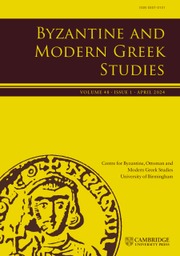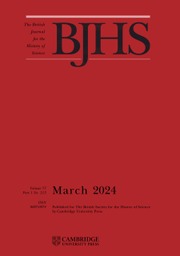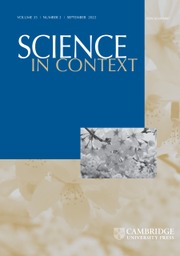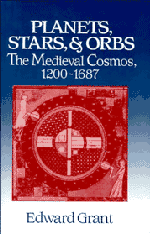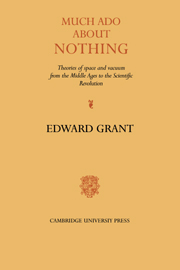God and Reason in the Middle Ages
$39.99 ( ) USD
- Author: Edward Grant, Indiana University, Bloomington
- Date Published: January 2005
- availability: This ISBN is for an eBook version which is distributed on our behalf by a third party.
- format: Adobe eBook Reader
- isbn: 9780511032622
Find out more about Cambridge eBooks
$
39.99 USD
( )
Adobe eBook Reader
Other available formats:
Paperback, Hardback
Looking for an examination copy?
This title is not currently available for examination. However, if you are interested in the title for your course we can consider offering an examination copy. To register your interest please contact [email protected] providing details of the course you are teaching.
-
The Age of Reason associated with the names of Descartes, Newton, Hobbes, and the French philosophers, actually began in the universities that first emerged in the late Middle Ages (1100 to 1600) when the first large scale institutionalization of reason in the history of civilization occurred. This study shows how reason was used in the university subjects of logic, natural philosophy, and theology, and to a much lesser extent in medicine and law. The final chapter describes how the Middle Ages acquired an undeserved reputation as an age of superstition, barbarism, and unreason.
Read more- This is the first time that the Middle Ages has been depicted as an Age of Reason
- Medieval theology is presented as a rationalistic enterprise
- The early modern and modern characterization of the Middle Ages as an age of superstition and unreason is shown to be untenable
Reviews & endorsements
"...Grant's book will produce some interesting future discussions. Inside and outside the classroom, it promises to be a useful catalyst for rethinking and debating a period often considered marginal." ISIS
See more reviews"Grant's argument is sound and convincing. Furthermore, his work is strengthened by a keen ability for precision and detail as well as willingness to engage earlier and contemporary historians of early Christianity." American Historical Review
"...the book remains a rich resource for examples of intellectual life in medieval universities, and succeeds in its purpose in shedding light on the medieval origins of modern science." Sixteenth Century Journal
"Grant's subversive history is persuasive, enlightening, and copiously documented." - Brian J. Shanley, O.P., The Catholic University of America
Customer reviews
Not yet reviewed
Be the first to review
Review was not posted due to profanity
×Product details
- Date Published: January 2005
- format: Adobe eBook Reader
- isbn: 9780511032622
- contains: 2 b/w illus.
- availability: This ISBN is for an eBook version which is distributed on our behalf by a third party.
Table of Contents
Introduction
1. The emergence of a transformed Europe in the twelfth century
2. Reason asserts itself: the challenge to authority in the Early Middle Ages to 1200
3. Reason takes hold: Aristotle and the Medieval University
4. Reason in action: logic in the Faculty of Arts
5. Reason in action: natural philosophy in the Faculty of Arts
6. Reason in action: theology in the Faculty of Arts
7. The assault on the Middle Ages
Conclusion: the culture and spirit of 'poking around'.
Sorry, this resource is locked
Please register or sign in to request access. If you are having problems accessing these resources please email [email protected]
Register Sign in» Proceed
You are now leaving the Cambridge University Press website. Your eBook purchase and download will be completed by our partner www.ebooks.com. Please see the permission section of the www.ebooks.com catalogue page for details of the print & copy limits on our eBooks.
Continue ×Are you sure you want to delete your account?
This cannot be undone.
Thank you for your feedback which will help us improve our service.
If you requested a response, we will make sure to get back to you shortly.
×
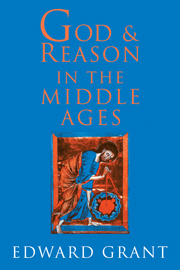
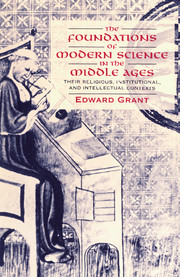
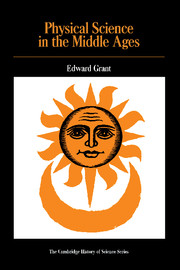
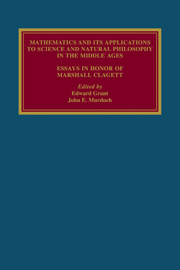
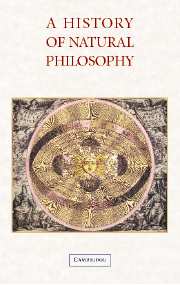

.jpg)

